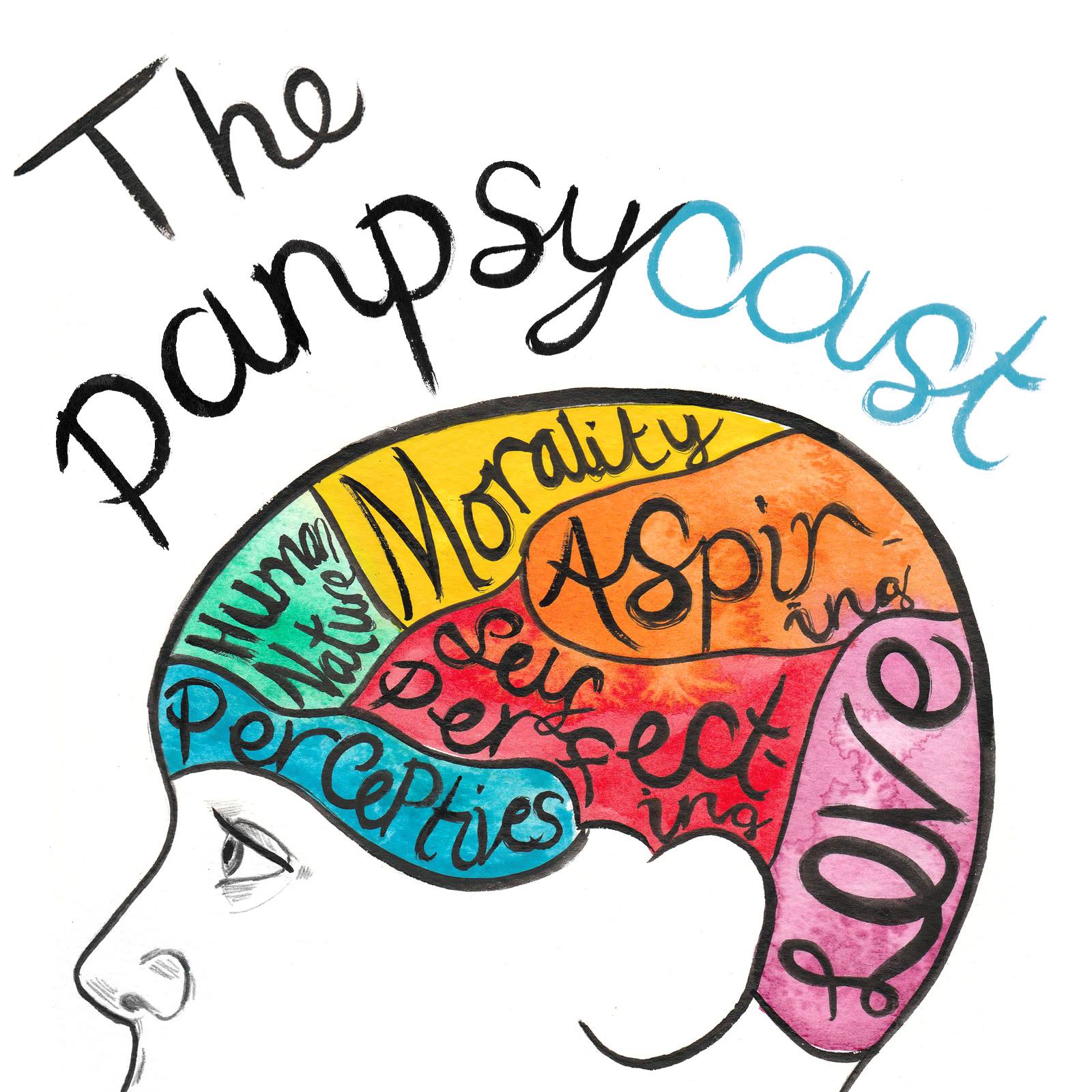Welcome to 'Episode 76 (Part III of V)', where we’ll be discussing Descartes’ third and fourth meditations.
All my life, I have been fed apples from that tree. I was told it was the only tree worth eating from. Every day, whether it was in school or in the church, someone would arrive with a basket, and I would take what they offered. Today a similar basket lays in front of me, full of apples I've been saving so to take a closer inspection.
Check those apples for me would you? Why so worried? Surely if they are good, there is nothing to worry about. You've heard of the Italian who was punished for checking, you say? I understand. I will do it myself.
There are too many in there to check one by one. I shall take them all out and only place back in the basket the ones that are certifiably good! I think the Italian might have been onto something, they all look rotten! I must check closer. I refuse to accept that they are all bad!
Ah, there is one. That will do. Perhaps the seeds can be used to grow more good apples...
The file size is large, please be patient whilst the podcast buffers/downloads/dreams of melonsContents
Part I. The Life of René Descartes.
Part II. Meditations on First Philosophy, 1-2.
Part III. Meditations on First Philosophy, 3-4.
Part IV. Meditations on First Philosophy, 5-6.
Part V. Further Analysis and Discussion.




